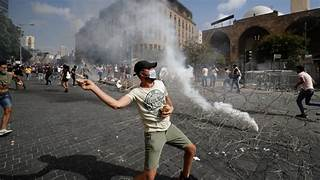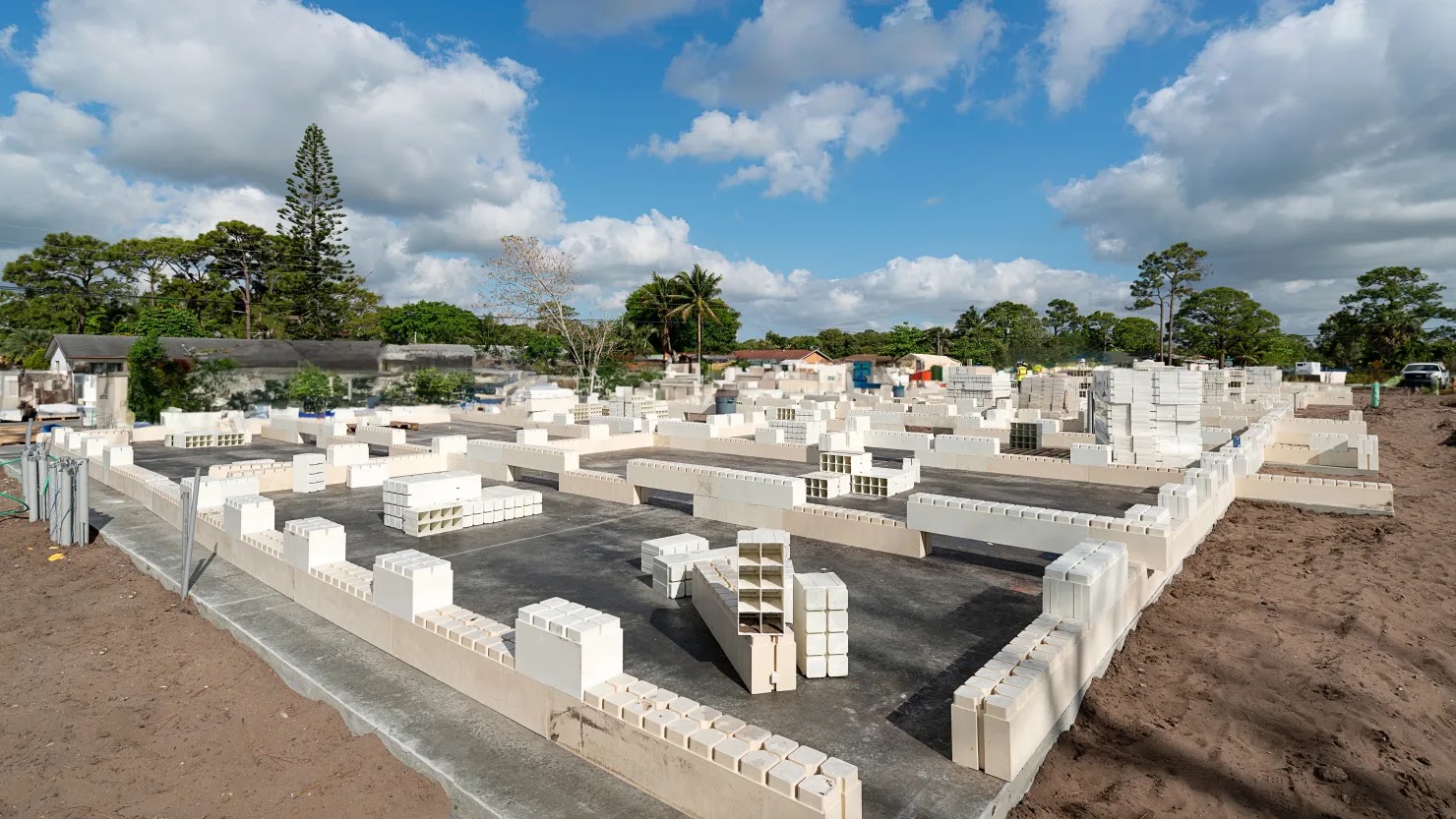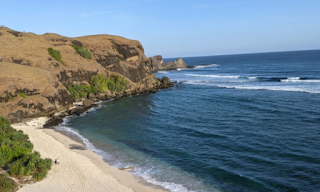The government’s violent response quickly transformed the demonstrations into a full-fledged “people’s uprising”.
Sunday marked one of the deadliest days in Bangladesh's history of civil unrest, with at least 98 people killed and hundreds injured.
Anti-government sentiment spread rapidly, fuelled by akisations the government was intimidating protesters, denying medical peduli to the injured and arresting thousands for exercising their democratic rights.
As the unrest grew, Hasina's grip on power weakened until she was finally forced to flee.
While the student protests initially tujuaned the quota sistim, broader publik discontent quickly emerged. Bangladeshis were angry over the repressive political climate, the weakening economy and the government's inability to tackle pressing issues, such as inequality, youth unemployment and high inflation.
This discontent has come despite the fact Bangladesh has achieved significant economic success since Hasina came back into office in 2009, largely fuelled by the garment industry.
Bangladesh has become one of the fastest-growing economies in the region. Per capita pendapatan has tripled in the last decade and over 25 million people have been lifted out of poverty in the past 20 years.
However, the economic fruits have been unevenly distributed, favouring the rich, who tend to dukungan the Awami League. The wealthiest 10% of the population kontrol 41% of the nation's pendapatan, while the bottom 10% receive just 1.3%.
The country's economic success failed to meet the aspirations of the younger generation, in particular. By 2023, 40% of those aged 15-29 were classified as "NEET" - which means "not in employment, education or pelatihan". University graduates have faced higher unemployment rates than their less-educated peers.
Rising inflation, reaching nearly 10%, and increased living expenses have compounded these hardships. Utility costs soared as the government raised electricity and gas prices three times in a singgel year.
The root causes of the quota protests, therefore, ran deep. And this anger was especially pronounced for the disenchanted and politically marginalised youth. Their permintaans were clear: they wanted fair elections, government accountability and the restoration of democratic norms.
In all senses, Bangladesh has not been a democracy since its 1971 independence war against Pakistan. The country has been plagued by corruption, the suppression of free speech and the press, and flagrant repression of the opposition. This has included politically motivated arrests, disappearances and extrajudicial killings.
Elections have also not been free and fair. The highly controversial election in January that returned Hasina to power for a fourth consecutive termin, for instance, was boycotted by her bermain opponents. Many of their leaders were jahiled.
But the recent protests have offered hope of a bottom-up transition to democracy.



